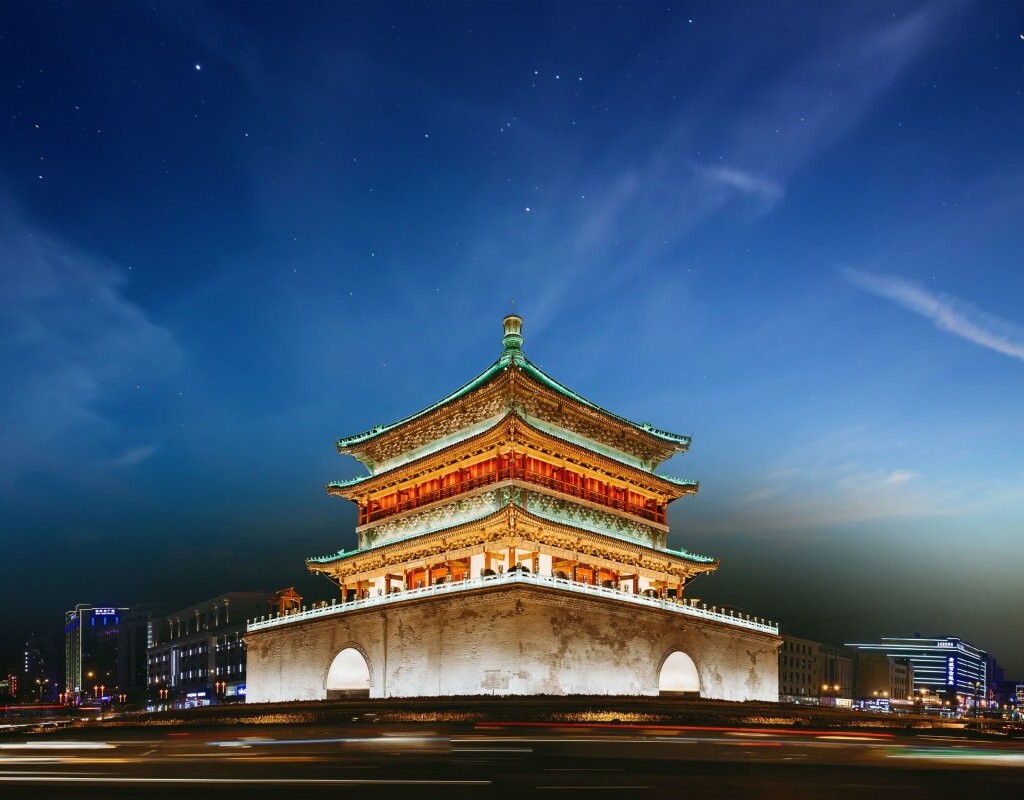Nanjing
Strategically located in the southeast corner of the North China Plain it is a city blessed by its geographical location.
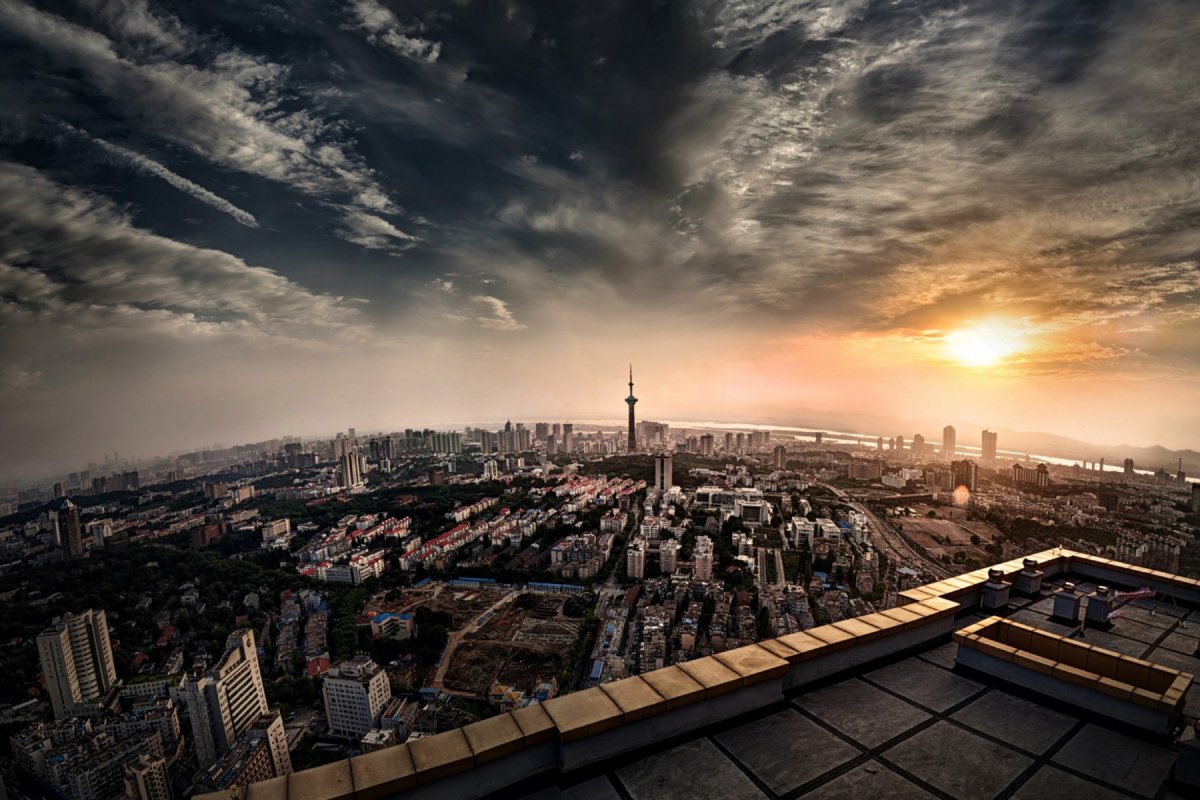
With a mountain range to the south and east, and the mighty Yangtze River to the north and west, the city was easy to defend and difficult to attack from any direction.
From the Wu Dynasty (222-280) to the Chen Dynasty (557-589), Nanjing served as an ancient capital during six different dynasties, earning it the nickname “Ancient Capital of Six Dynasties.”
Besides its historical significance, it boasts unparalleled natural beauty. The surrounding high mountains provide fresh water and a natural defensive barrier, while the Yangtze River offers deep navigable waters for defense and trade and vast fertile plains for agriculture.
Despite having suffered greatly throughout its history due to wars, time and again, Nanjing has recovered and been restored to its former glory.
The ancient Han ethnic people considered the Nanjing area to be a vital land that has shaped the history of China. Today, the city remains an important cultural and tourist center, attracting visitors from all over the world with its rich history and unparalleled natural beauty.
Chengdu
Known as the “Heavenly Land of Plenty”, it enjoys a strategic location on the northwestern fringe of the fertile Sichuan Basin.
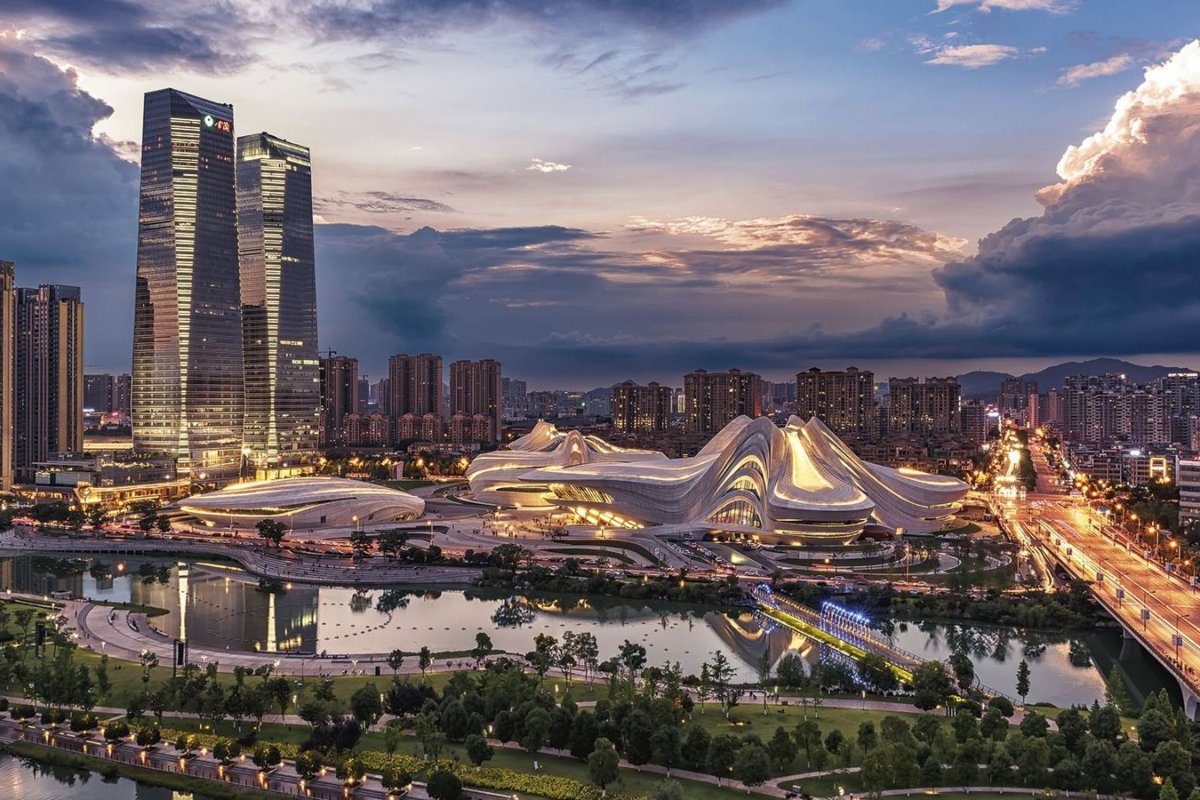
Backed by the imposing Tibetan ranges and with an armor line of mountains to the southeast and the great Min River to the northwest, it provides excellent Feng Shui.
This region is known for producing numerous treasures, such as delicate Shu Brocades and Sichuan dishes which are one of the eight best cuisines in China. It is home to numerous prominent figures and beautiful ladies. With its rich culture and fascinating history, Chengdu is definitely a place worth visiting.
Luoyang
Is the ancient capital of nine dynasties, another city that enjoys a good Feng-Shui in the North China Plain.
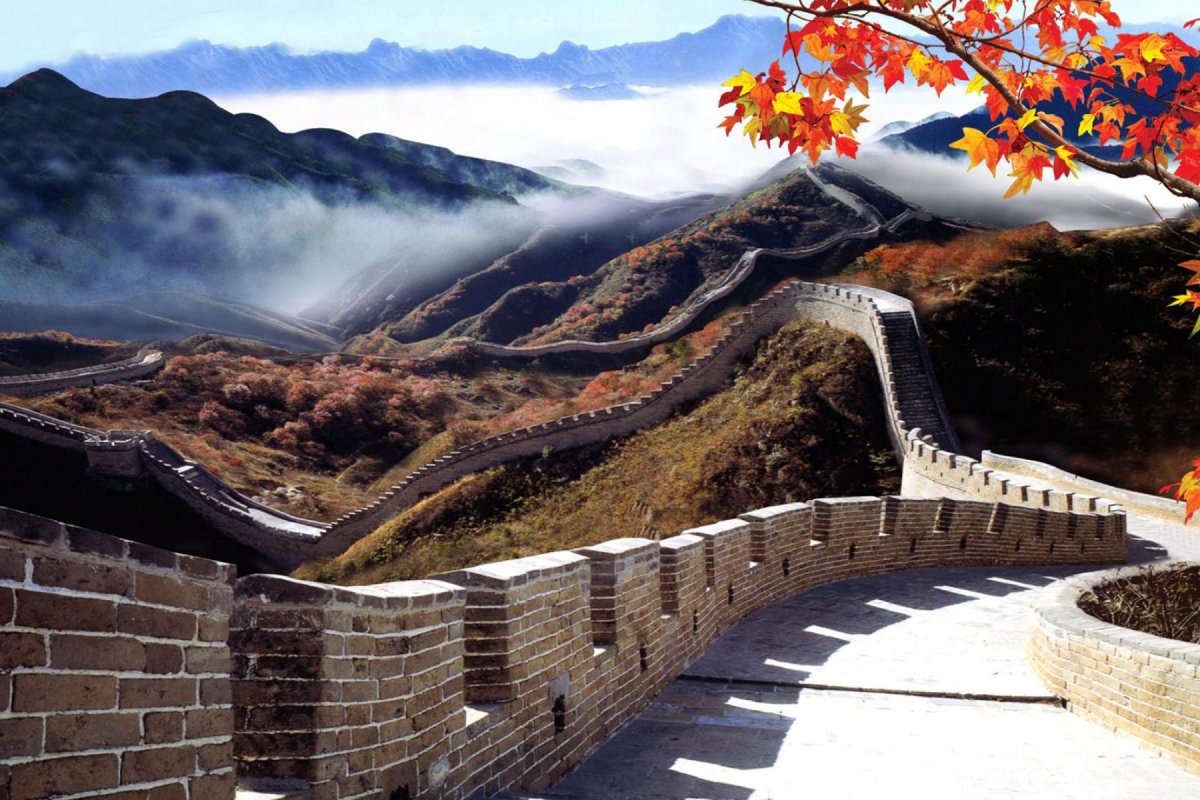
Luoyang is located in a natural basin surrounded by mountains on four sides, with the Yellow River to the north and the Luo River running through it. It is considered one of the cradles of Chinese civilization.
There is a Chinese saying: “Be born in Suzhou and Hangzhou and be buried in Mangshan” (Mangshan is an area located against the mountains north of Luoyang). The pronunciation of Luoyang and the word for “sunset” are almost identical in Chinese.
Mangshan is known to have the best Feng-Shui in the whole city and is therefore the first choice for tomb sites of emperors, generals and ministers of state. Twenty-four emperors were buried in Mangshan.
Hangzhou
Situated at the southern end of the Grand Canal of China which directs water to irrigate Beijing it became a favorite place for emperors to seek warmth and relaxation in the south.
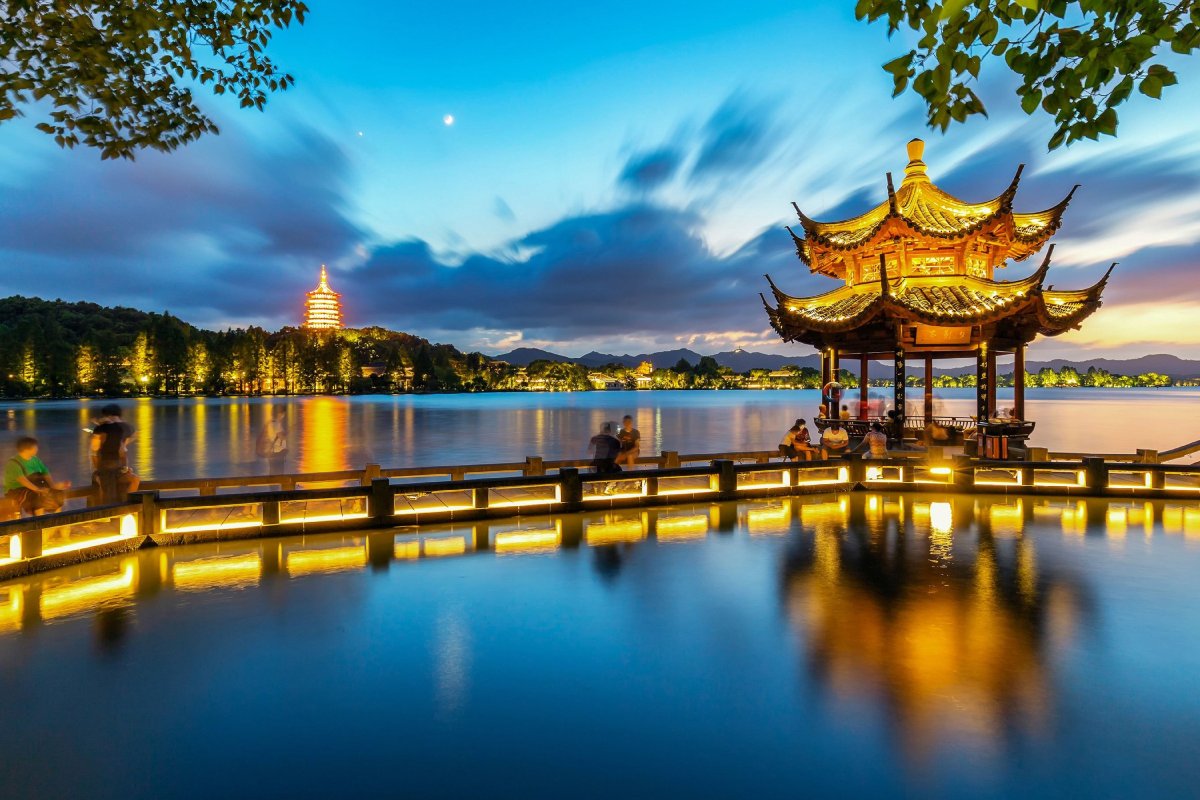
The Tianmen Mountains to the west, Hangjiahu Plain to the north and east, and the majestic Qiantang River to the south surround this city.
Lingyin Temple of the “Soul of Retreat” (Lingyin) is famous for its Buddhist grottoes and has an even better Feng Shui. Situated on the hills to the west, north and south, it faces east to the tranquil West Lake.
An ancient Chinese proverb praises the beauty and prosperity of Hangzhou by saying, “In heaven, there is paradise, on earth, there is Hangzhou and Suzhou.”
But not only does it have beautiful scenery but Hangzhou is also known for its tea-growing mountains being one of the few places with good Feng Shui in the flat area of the Yangtze Delta. That is why it was chosen as the capital of the Southern Song Dynasty (1127-1279).
Wenzhou
Beautiful scenery, prosperous life, picturesque villages, profound culture and rich history, as well as an innovative commercial economy Wenzhou has been the object of admiration of poets since ancient times.
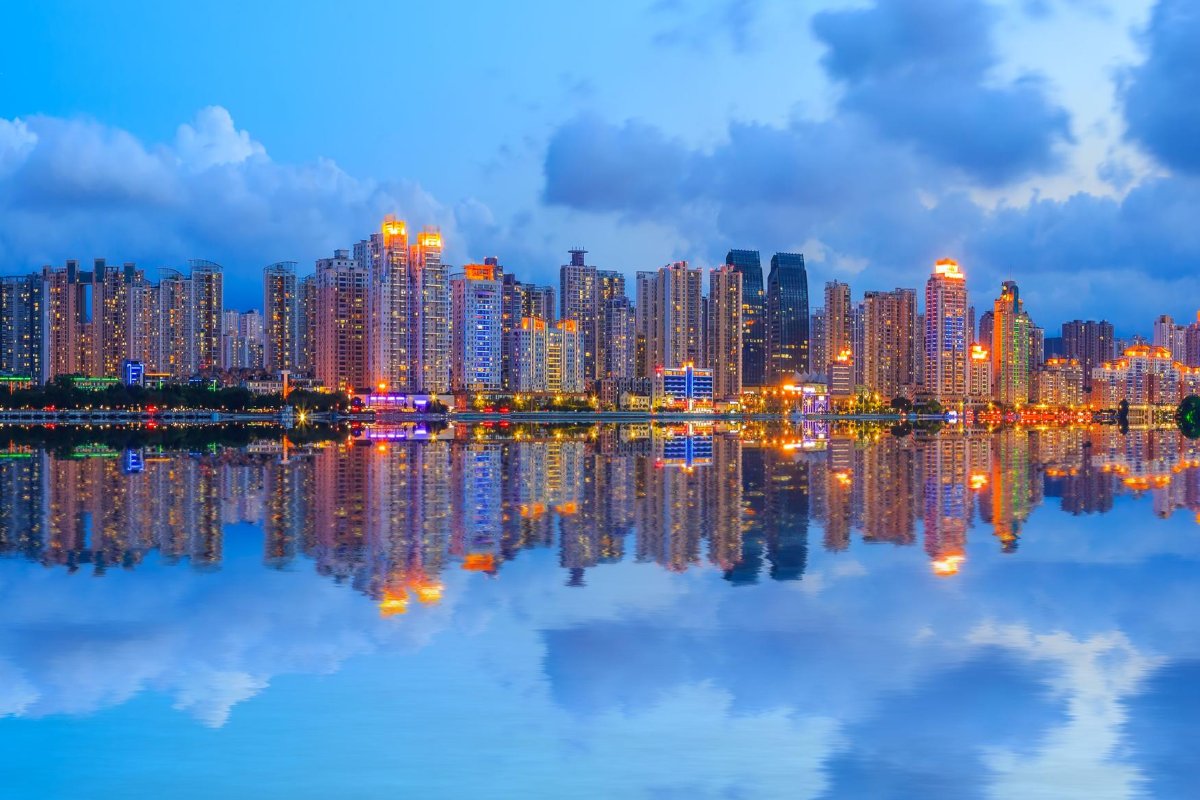
With the mountains cradling it and resembling a castle it was built according to the Feng Shui theory of Guo Pu the first man to write books on burials.
Due to the lack of flat land, the city of Wenzhou has been forced to expand southward into the delta areas of the East China Sea coast.
Facing the Ou River to the north and East China to the east and surrounded by mountains on all sides the shape of Wenzhou City is dictated by its topography.
The city has made full use of its excellent feng shui to avoid the flames of war, although it is relatively isolated compared to other cities. If you visit Wenzhou it would be advisable to do so via Hangzhou.

